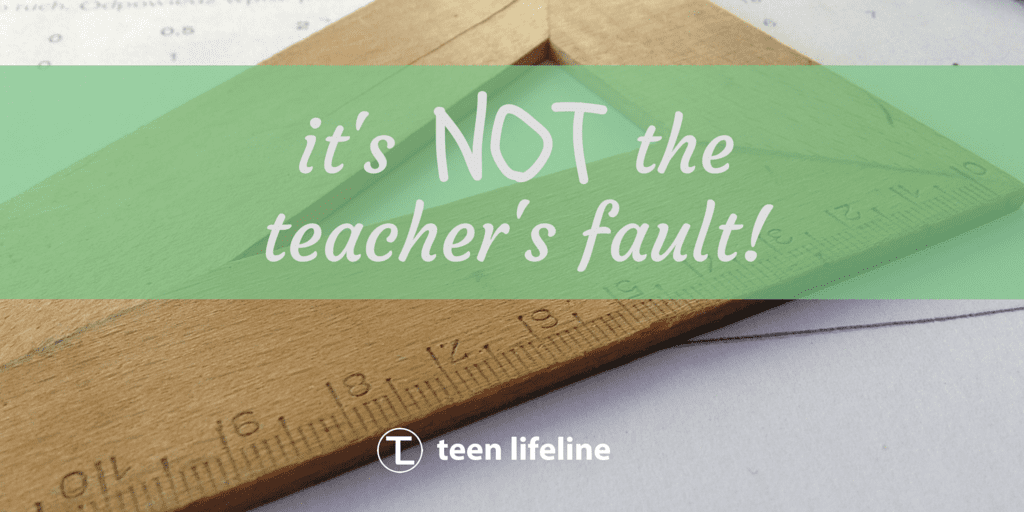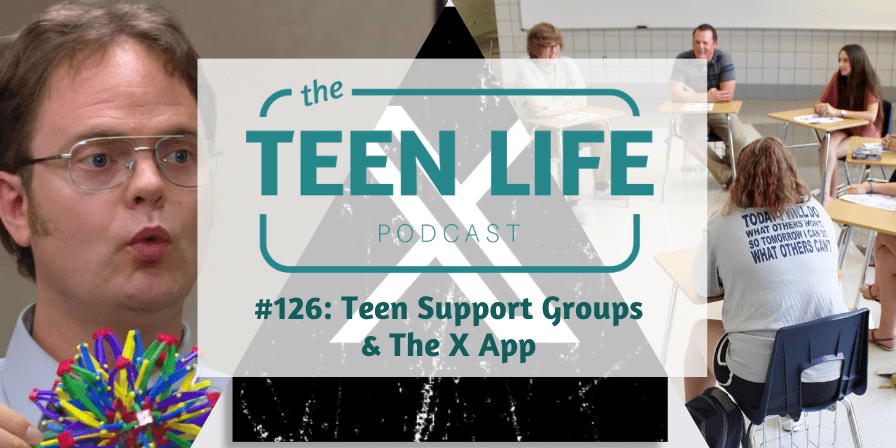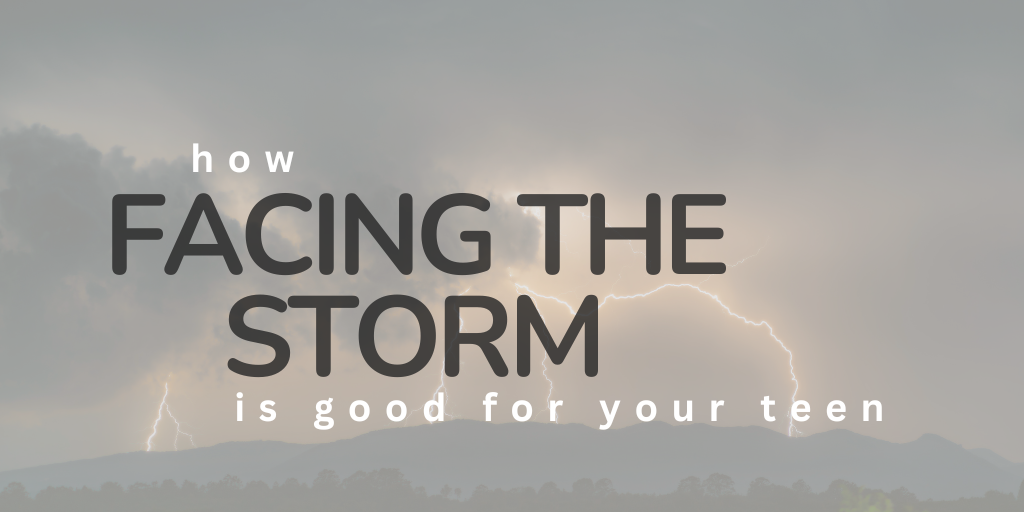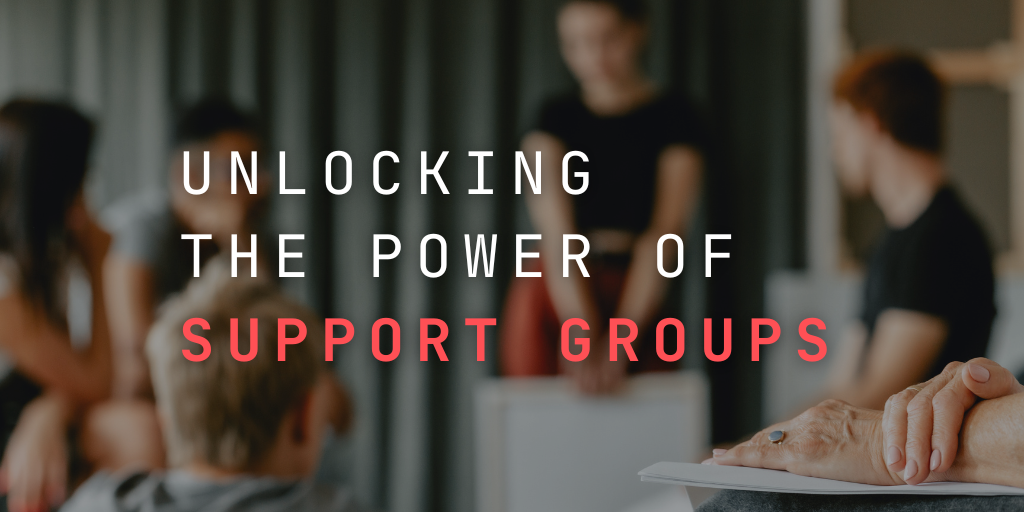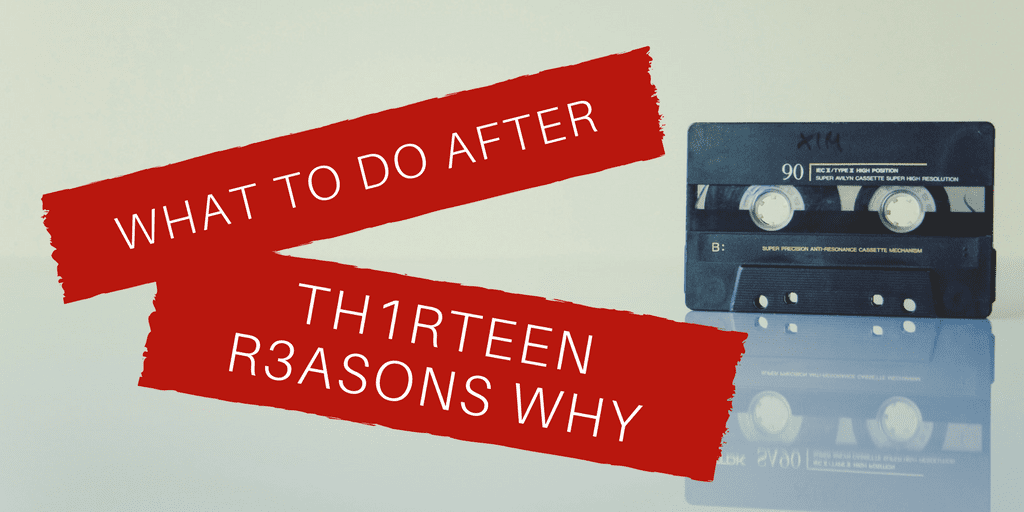
What To Do After “13 Reasons Why”
Part 1 – The Good of “13 Reasons Why”
Part 2 – The Ugly of “13 Reasons Why”
Past 3 – What To Do After “13 Reasons Why”
Here’s the truth. 13 Reasons Why is a Netflix original show. It is entertainment. People have ranted and raved about whether it should or should not be out there. Well, all that attention means a second season is coming. This is a testament that any press is good press. It brought a lot of attention but to what end? I hope it promoted meaningful conversation between teens and adults, and I trust that this week we have encouraged more good discussion. That is why we wanted to end our blog series with this particular post.
One thing I felt was missing from the whole show was examples of people seeking out help and succeeding. Why is that? Is it that it would have taken away from the entertainment value? I don’t believe so. I think they missed a major opportunity to model for teenagers how to seek out helpful resources. The direction to a website in the opening of each episode was nice, but all that is there are crisis hotlines and links to click further and try to figure out how to get help. What would have been more effective, I believe, is showing in every episode some examples of someone successfully seeking and receiving help.
With that as the background for this post, the goal here is to give you, the reader, ideas and some direct resources to help a teen in the real world who is struggling. This should not be seen as a replacement for continued training or adhering to any law directing you how to respond. But rather, this post could be a reference tool to get you to the resources needed to be ready and have on hand if the time arises. Though, truth be told, all of us hope we never have to use these resources.
First, just the fact that there is a show about suicide is enough to bring up the discussion about such a serious topic. You don’t have to watch the show for that conversation to start. You could watch any number of shows if you need a starting place, but none of those are going to have the answers. Only an open and honest conversation about what your student is facing and needs will meet the desire for discussion that is there. So take the opportunity. Ask questions and invite conversation, then listen.
Second, look locally at what is available. In the Fort Worth area, there is a Suicide Awareness Coalition. Attending these monthly meetings has kept the conversation in front of me and our team and helped us not lose sight of the seriousness of the situation. In addition, there are often classes, seminars, or workshops you are able to attend. These are usually geared toward licensed professionals but can be attended by anyone. I have gained a lot of helpful connections and tools this way.
Third, personally check in on the resources. Call the national hotline yourself. Time how long the wait is. Make note of the prompts and be prepared to communicate those to someone you might need to share that resource with. Visit local organizations that offer services. Ask specific questions related to the things teens you work with have brought up. It is very helpful for you to simply be able to say, “I visited this place and the people there really want to help.” This is so helpful because many times people in a severely depressed state don’t believe anyone wants to help them, and they need a lot of reassurance from someone they trust. You want to be confident in the resources you are suggesting if you ever need to be that person.
Fourth, once you are equipped with information and resources, you will feel prepared if a situation happens. This happened for me just a few months ago. I had a friend call, and he was actively suicidal. I found this out by asking pointed questions like, “Are you thinking about killing yourself?” and “Do you have a plan?” When the answer to these questions were both, “Yes!” We called the local crisis line together. I was so glad I had the number in my phone. They gave us some options of places to go, he picked one, and I took him there. I stayed for about 4 hours. Yes it took time, but I was so glad I stayed until he got medical attention and checked into a program to get help. I am convinced he would have killed himself if I had not been there.
Fifth, the last scenario you want to be prepared for is what to do if a teen you know does kill themselves or if a friend of theirs does. This is where the above resources come in. They will help you be prepared to reach out or be able to listen and ask helpful questions. Again, here locally there is a resource called LOSS Team. This is a volunteer led group that is available to survivors of suicide. They are specifically trained and equipped to help handle a loss. If you don’t have one in your community, reach out to local counseling services for groups or to a local church that may offer a resource. As with all grief, everyone handles a loss to suicide differently. It is important to know that grieving a suicide is different than other grief though. Knowing this is the important piece. Finding a resource specific to people who have lost someone to suicide is the ideal situation.
To be clear, what you are doing here is not equipping yourself to be the professional, long-term solution to help someone that is thinking about suicide. You are educating yourself to be a first line of defense, working in a preventative way to significantly reduce the number of students who end up in a place where they feel so hopeless they don’t know where to turn when they have suicidal thoughts. That’s right I said “when.” The truth is many of us, including myself, have thoughts of suicide at one time or another. The problem comes when we believe the lie that we are the only one, and that means we have no hope of recovery. Instead, we need someone like you to come alongside us and walk with us through that dark place until we get back to where we can find the reason for living again.
